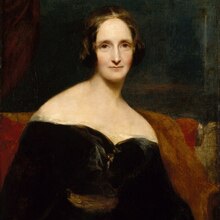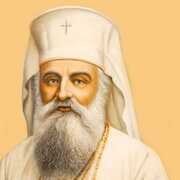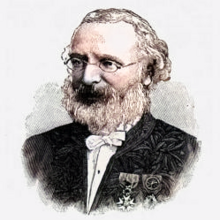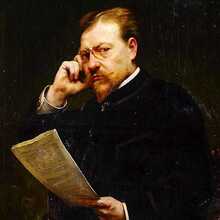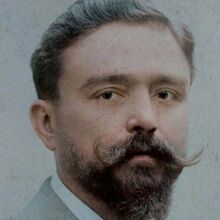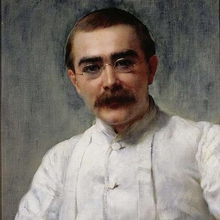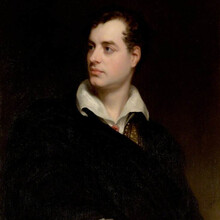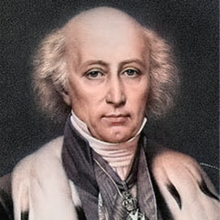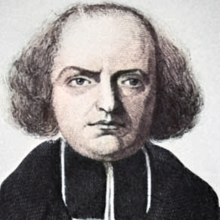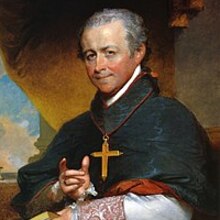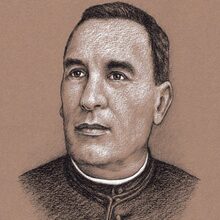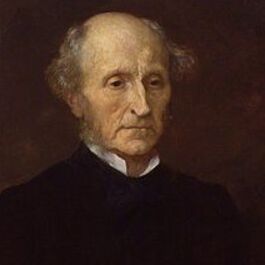
Personal
Other names:
Job / Known for:
Utilitarianism, liberalism, political economy
Left traces:
On Liberty, Principles of Political Economy
Born
Date:
1806-05-20
Location:
GB
Pentonville, London, England
Died
Date:
1873-05-08 (aged 67)
Resting place:
FR
Death Cause:
Erysipelas
Family
Spouse:
Harriet Taylor Mill (m. 1851–d. 1858)
Children:
none (stepchildren: Herbert Taylor, Algernon Taylor, Helen Taylor)
Parent(s):
James Mill (father), Harriet Burrow Mill (mother)
QR Code:
Show More
Rank
Users ranking to :
Thanks, you rate star
Ranking
5.0
1
Fullname
John Stuart Mill
Slogan
The only freedom which deserves the name is that of pursuing our own good in our own way
About me / Bio:
Show More
Article for John Stuart Mill
Died profile like John Stuart Mill
Comments:

